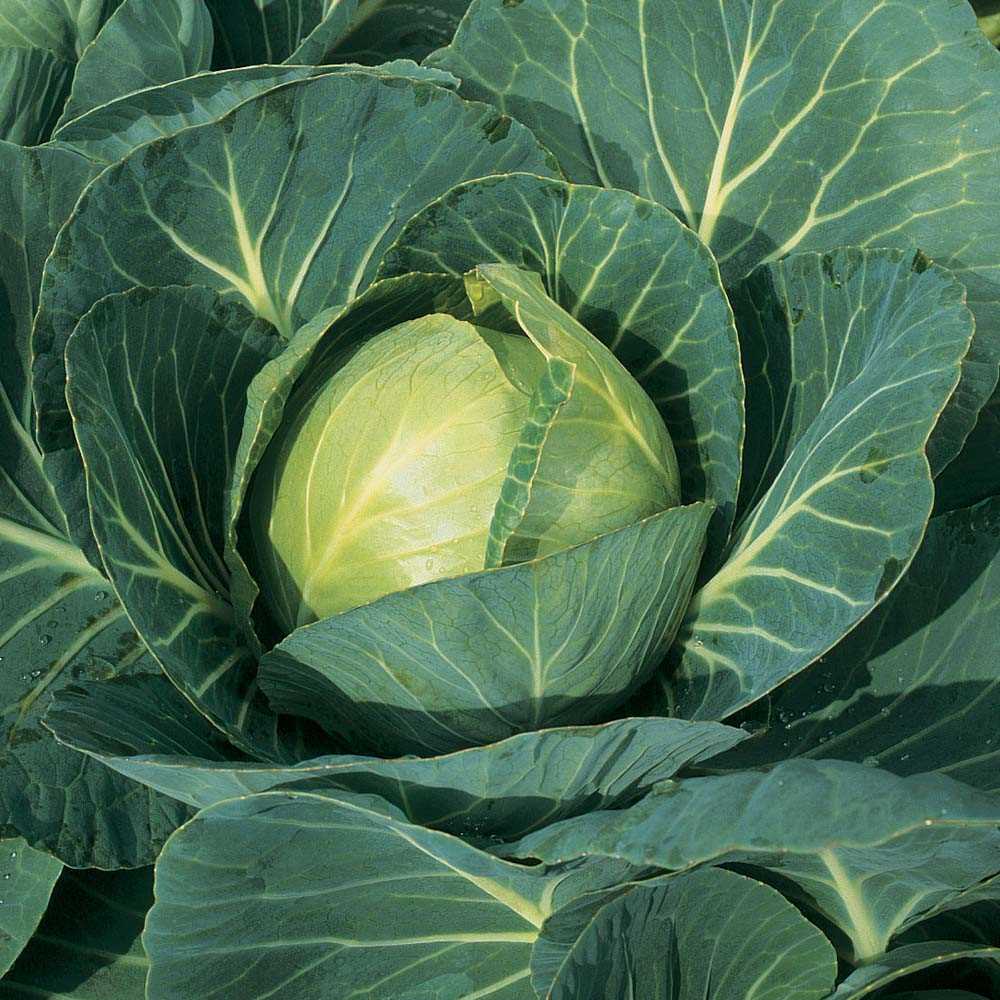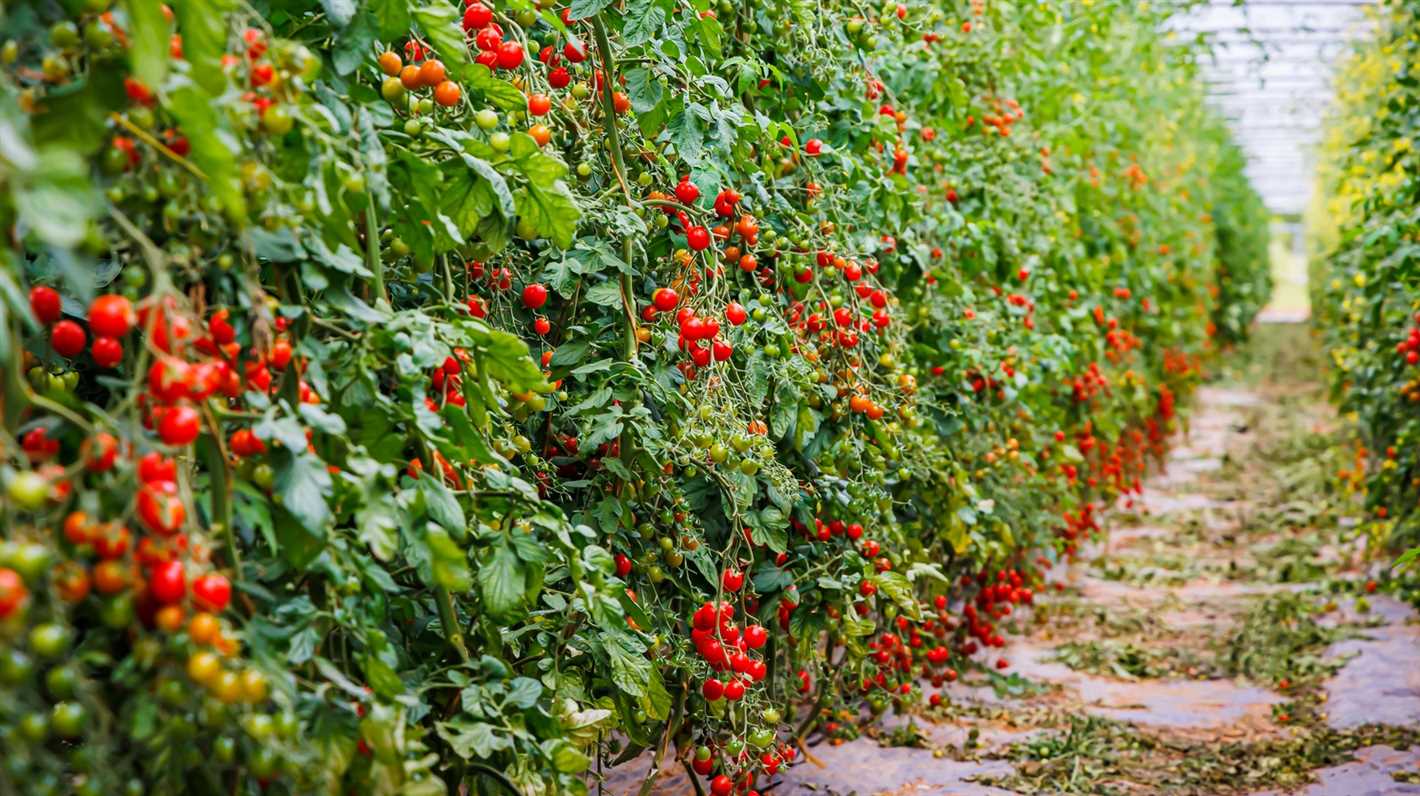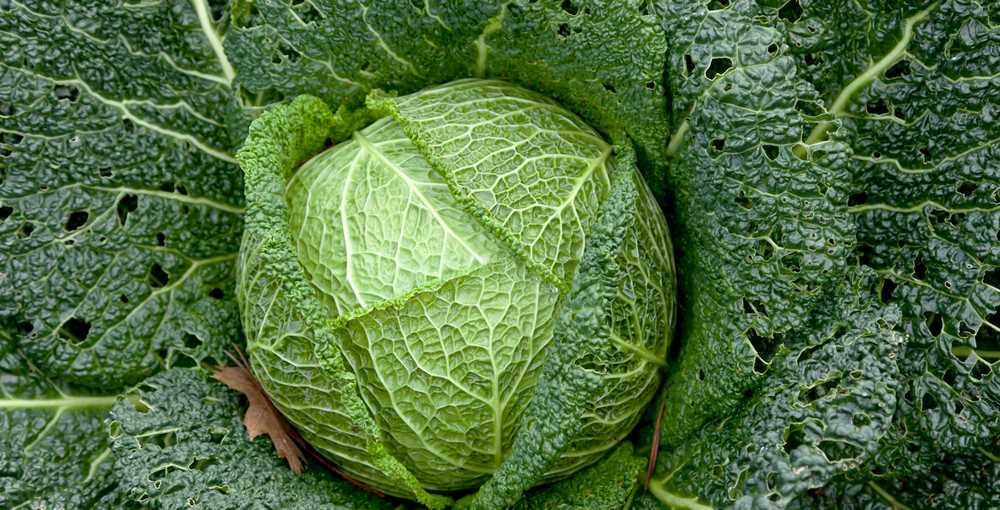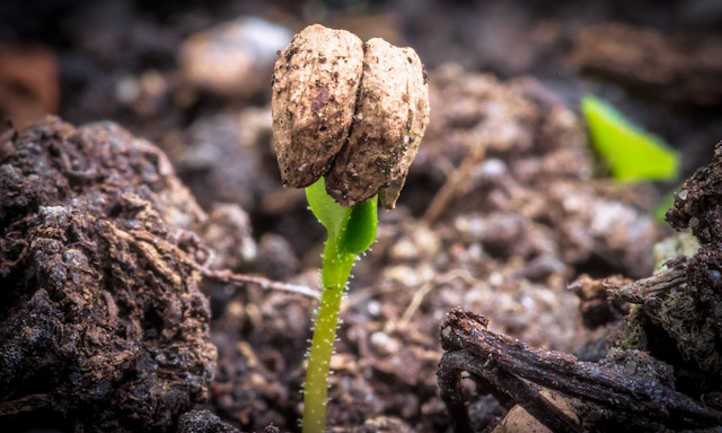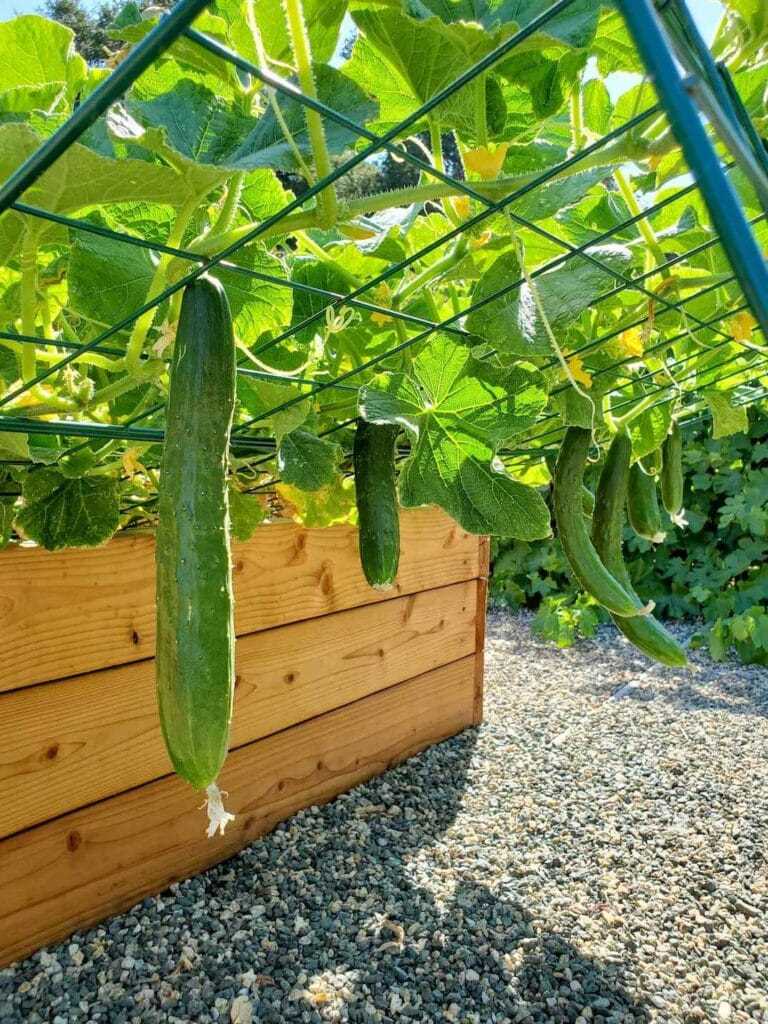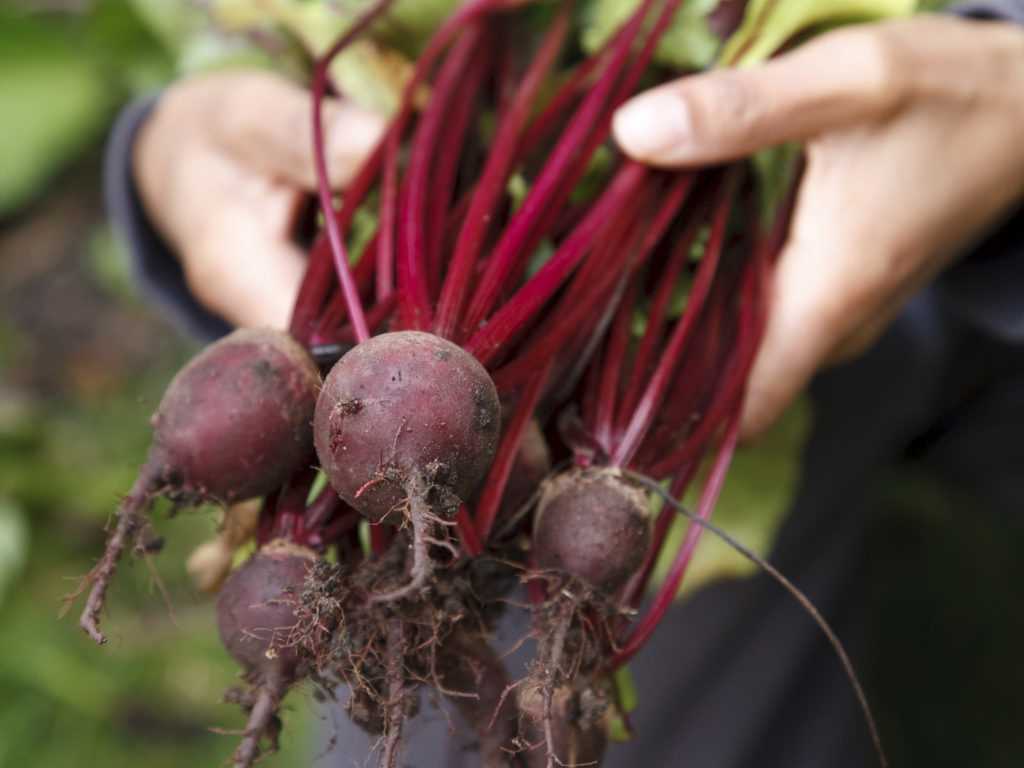- Reasons why ovaries fall from citrus
- Lack of proper care
- Poor nutrition
- Inadequate watering
- Pest infestations
- Disease or infection
- Improper pruning
- Solutions
- Nutrient deficiency
- Pests and diseases
- Pests
- Diseases
- Environmental factors
- Over or under watering
- Over watering
- Under watering
- Solutions
- Improper pruning techniques
- Age of the tree
- Varietal characteristics
- Q&A:
- Why do ovaries fall from citrus?
- How can poor pollination cause ovaries to fall from citrus?
- What are the signs of inadequate nutrition causing ovaries to fall from citrus?
- How can pests and diseases cause ovaries to fall from citrus trees?
- Can the ovaries falling off be prevented?
- Is it normal for ovaries to fall from citrus trees?
- How long does it take for ovaries to develop and fall off?
- Video: Citrus Tree Problems – Citrus Fruit and Blossom Drop
One of the common problems faced by citrus tree owners is the phenomenon of ovaries falling from the tree before they can mature into fruits. This can be frustrating for gardeners and farmers who are eagerly anticipating a bountiful harvest. There are several reasons why ovaries fall from citrus trees, and understanding these causes is crucial in finding effective solutions.
Insufficient Pollination: One of the primary reasons for the premature falling of ovaries is a lack of proper pollination. Citrus trees rely on bees and other insects for pollination, and if there is a lack of pollinators in the area or if they are unable to access the flowers, the ovaries may not develop properly and fall prematurely.
Extreme Temperatures: Citrus trees are sensitive to extreme temperatures, both hot and cold. If the temperature suddenly drops or rises dramatically, it can cause stress to the tree, leading to the shedding of ovaries. This is particularly common during frost or heatwaves when the tree may struggle to regulate its internal temperature.
Nutrient Deficiency: Another common cause for the falling of ovaries is nutrient deficiency in the tree. Citrus trees require a balanced supply of nutrients, including nitrogen, phosphorus, and potassium, to grow and develop fruits. A lack of any of these essential nutrients can result in weak ovaries that fall prematurely from the tree.
Pest and Disease Infestation: Citrus trees are susceptible to various pests and diseases, including aphids, fruit flies, and fungal infections. Infestations can weaken the structure of the ovaries, making them more prone to falling. Proper pest and disease management, such as regular inspections and appropriate treatments, can help prevent this issue.
Solutions: To prevent ovaries from falling prematurely, it is essential to provide a suitable environment for citrus trees. This includes ensuring proper pollination through the presence of pollinators, managing and regulating temperatures, providing adequate nutrients through proper fertilization, and implementing pest and disease control measures. Regular pruning, watering, and mulching can also contribute to the overall health of the tree, reducing the likelihood of ovaries falling.
By addressing these potential causes and implementing the appropriate solutions, citrus tree owners can help ensure a successful and abundant harvest, free from the frustration of ovaries falling too soon.
Reasons why ovaries fall from citrus
1. Overwatering: One of the main reasons why ovaries fall from citrus trees is overwatering. When the soil is constantly wet, the roots of the tree can suffocate, leading to poor nutrient absorption and weak ovaries. It is important to water citrus trees moderately and ensure that the soil has good drainage.
2. Nutrient deficiencies: Citrus trees require a balance of nutrients to grow healthy ovaries. Lack of essential nutrients such as potassium, magnesium, and zinc can weaken the ovaries and cause them to fall prematurely. Regular fertilization with a balanced citrus fertilizer can help prevent nutrient deficiencies.
3. Pest infestation: Pests such as aphids, mites, and thrips can damage the ovaries of citrus trees, causing them to fall. These pests feed on the foliage and sap of the tree, weakening its overall health. Regular inspection and control measures can help prevent pest infestations.
4. Disease: Disease infections, such as fungal or bacterial infections, can cause citrus trees to drop their ovaries. Diseases like citrus canker and citrus greening can weaken the tree and affect its reproductive capacity. Proper disease management and regular application of fungicides can help prevent the spread of diseases.
5. Environmental stress: Citrus trees can experience stress due to extreme weather conditions, such as high temperatures or cold snaps. These stressors can negatively impact the ovaries, causing them to fall. Providing adequate protection during extreme weather events can help minimize stress on the tree.
6. Improper pruning: Improper pruning practices, such as heavy pruning during the fruiting season, can lead to the premature dropping of ovaries. Pruning should be done carefully and at the right time to avoid damaging the tree’s reproductive structures.
7. Lack of pollination: Citrus trees require cross-pollination for fruit development. If there is a lack of pollinators in the area, the ovaries may not develop properly and fall prematurely. Providing proper pollination support, such as attracting bees or manually pollinating the flowers, can help improve fruit set.
By addressing these common reasons for ovaries falling from citrus trees, growers can improve fruit production and yield.
Lack of proper care
In some cases, the ovaries falling from citrus trees can be attributed to a lack of proper care. Ovaries are the fruit of the citrus tree, and their development and attachment to the tree require a certain level of care and maintenance.
Poor nutrition
One common reason for ovaries falling from citrus trees is poor nutrition. If the tree is not receiving the necessary nutrients, it may not be able to support the developing fruit, causing the ovaries to drop prematurely. Citrus trees require regular fertilization to ensure they have the nutrients they need to produce healthy fruit.
Inadequate watering
Inadequate watering can also contribute to ovaries falling from citrus trees. Citrus trees require consistent and proper watering, especially during periods of drought or hot weather. If the tree is not receiving enough water, it may drop its ovaries as a way to conserve resources.
Pest infestations
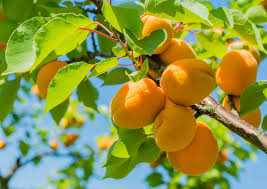
Pest infestations, such as citrus leaf miners or aphids, can also cause ovaries to fall from citrus trees. These pests damage the tree’s foliage and can disrupt the fruit development process. Regular inspection and effective pest control measures are necessary to prevent infestations and protect the ovaries from falling.
Disease or infection
Diseases or infections can weaken the overall health of the citrus tree and lead to the ovaries falling. Common diseases that affect citrus trees include citrus canker and greening disease. Proper disease management and regular monitoring are crucial in preventing infections and preserving the ovaries.
Improper pruning
Improper pruning practices can also result in ovaries falling from citrus trees. Pruning at the wrong time or using incorrect techniques can stress the tree and disrupt its natural growth patterns. It is important to follow proper pruning guidelines to maintain the tree’s health and fruit production.
Solutions
To address the issue of ovaries falling from citrus trees due to a lack of proper care, several solutions can be implemented:
- Ensure the tree receives adequate nutrition by fertilizing it regularly with a citrus-specific fertilizer.
- Properly water the tree, ensuring it receives sufficient moisture, especially during dry periods.
- Implement pest control measures to prevent infestations and protect the tree from pests that can damage the ovaries.
- Monitor the tree for any signs of disease or infection and take appropriate measures to prevent or treat them.
- Follow proper pruning guidelines to maintain the tree’s health and promote optimal fruit production.
By providing the necessary care, citrus tree owners can minimize the risk of ovaries falling and ensure the production of healthy, abundant fruit.
Nutrient deficiency
Nutrient deficiency can be one of the common reasons why ovaries fall from citrus trees. When a citrus tree lacks essential nutrients, such as nitrogen, phosphorus, or potassium, it can lead to weak flower and fruit retention.
There are several nutrient deficiencies that can cause ovaries to fall from citrus trees:
- Nitrogen deficiency: Nitrogen is a vital nutrient for citrus trees, and its deficiency can result in poor flower formation and early fruit drop. To prevent nitrogen deficiency, it is important to provide regular fertilization with nitrogen-rich fertilizers.
- Phosphorus deficiency: Phosphorus plays a crucial role in fruit development and flower formation. A lack of phosphorus can lead to reduced fruit set and increased fruit drop. Applying phosphorus-rich fertilizers can help prevent this deficiency.
- Potassium deficiency: Potassium is essential for overall tree health and fruit development. When a citrus tree lacks potassium, it may have weak ovaries that easily fall off. Regular application of potassium-rich fertilizers can help prevent this deficiency.
It is important to note that nutrient deficiencies can be diagnosed through soil and leaf analysis. If a nutrient deficiency is detected, appropriate fertilization and foliar sprays can be applied to address the issue.
In addition to nutrient deficiencies, other factors such as water stress, improper pruning, pest or disease infestation, and climatic conditions can also contribute to ovaries falling from citrus trees. Proper tree care and regular monitoring can help identify and address these issues, ensuring healthy flower and fruit retention.
Pests and diseases
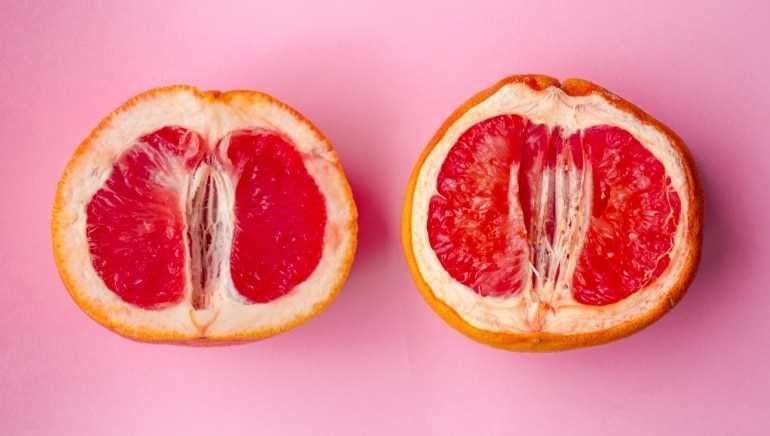
Ovaries falling from citrus trees can also be caused by pests and diseases. Here are some common pests and diseases that can affect the health of citrus trees:
Pests
- Citrus Leafminer: These small moths lay their eggs on citrus tree leaves, causing the larvae to tunnel through the leaves and damage them. This can weaken the tree and result in the falling of ovaries.
- Aphids: These tiny insects feed on the sap of citrus trees, causing the leaves to curl and distort. Severe infestations can lead to the dropping of ovaries.
- Citrus Thrips: These pests feed on the flowers and small fruits of citrus trees, causing them to drop prematurely.
- Scale Insects: These insects attach themselves to the branches and leaves of citrus trees and suck the sap, weakening the tree and affecting fruit development.
Diseases
- Citrus Canker: This bacterial disease causes raised, corky lesions on the leaves, stems, and fruits of citrus trees. Infected fruits may drop prematurely.
- Citrus Tristeza Virus: This viral disease can cause the decline of citrus trees, resulting in weakened fruit production and premature fruit drop.
- Phytophthora Root Rot: This fungal disease affects the roots of citrus trees, causing them to rot and reduce their ability to take up water and nutrients. This can lead to fruit drop.
- Greasy Spot: This fungal disease causes brownish, greasy spots on the leaves of citrus trees, affecting their overall health and fruit quality.
Proper pest and disease management, including regular monitoring, the use of appropriate pesticides or biological controls, and maintaining good tree health through proper irrigation and fertilization, can help prevent or mitigate the impact of these pests and diseases on citrus tree ovaries.
Environmental factors
There are several environmental factors that can contribute to the falling of ovaries from citrus trees. These include:
- Extreme temperatures: Citrus trees are sensitive to extreme temperatures, both hot and cold. High temperatures can cause the ovaries to drop prematurely, while cold temperatures can damage the ovaries and cause them to fall.
- Inadequate water supply: Citrus trees require a consistent and sufficient water supply to ensure proper fruit development. If the tree does not receive enough water, the ovaries may drop as a survival mechanism.
- Poor soil conditions: The quality of the soil can greatly affect the health of the citrus tree and its ability to retain its ovaries. Soil that lacks essential nutrients or has a poor structure can inhibit proper fruit development and lead to ovaries falling.
- Pest and disease infestation: Citrus trees are susceptible to various pests and diseases, such as citrus root weevils and citrus canker. These infestations can weaken the tree and cause the ovaries to drop.
- Improper pruning: Incorrect pruning techniques or excessive pruning can negatively impact the tree’s ability to produce and retain fruit. Over-pruning can result in the loss of ovaries.
- Environmental stress: Other environmental stressors, such as drought, excessive wind, or pollution, can contribute to ovaries falling from citrus trees.
To prevent ovaries from falling due to environmental factors, it is important to provide the citrus tree with proper care and maintenance. This includes ensuring adequate water supply, maintaining proper soil conditions, managing pests and diseases, employing proper pruning techniques, and minimizing environmental stressors.
Over or under watering
One of the common reasons for ovaries falling from citrus fruit trees is over or under watering. Both of these extremes can have negative effects on the health of the tree and the development of the fruit.
Over watering
When citrus trees are over watered, their roots can become waterlogged, leading to poor oxygenation and root rot. This can make it difficult for the tree to absorb nutrients and water from the soil, which can in turn lead to nutrient deficiencies and weak fruit development.
Over watering can also contribute to the growth of fungi and bacteria in the soil, which can cause diseases that affect the health of the tree and its fruit. Excessive water can also leach important nutrients out of the soil, leaving the tree deficient in key elements for fruit development.
Under watering

On the other hand, under watering can also cause ovaries to fall from citrus trees. When a citrus tree is not receiving enough water, it can become stressed and unable to support the development of the fruit.
Under watering can lead to inadequate hydration and nutrient uptake, resulting in smaller and less developed fruit. It can also cause the tree to go into survival mode, redirecting resources away from developing fruit in order to prioritize water and nutrient absorption for its own survival.
Additionally, under watering can make the tree more susceptible to insect infestations and diseases, as the stressed tree may not have the energy to defend itself effectively.
Solutions
The key to preventing ovaries from falling from citrus trees due to over or under watering is finding the right balance of water for your specific tree. This can vary depending on factors such as the size of the tree, the type of soil, and the climate in your area.
Regularly monitoring the moisture levels of the soil is important to determine if the tree is receiving enough water. This can be done by inserting a finger or a moisture meter into the soil and checking for moisture at the root level.
If the soil feels dry, it is important to water the tree deeply and evenly, providing enough water to thoroughly saturate the root zone. However, it is also important to avoid overwatering, as this can lead to the aforementioned issues.
Applying a layer of mulch around the base of the tree can help retain moisture in the soil and regulate its temperature. Mulch also helps prevent weeds from competing with the tree for water and nutrients.
In some cases, it may be beneficial to consult with a professional arborist or horticulturist to assess the specific watering needs of your citrus tree and provide guidance on how to optimize its health and fruit development.
Improper pruning techniques

Improper pruning techniques can contribute to ovaries falling from citrus trees. When pruning is done incorrectly, it can lead to stress on the tree, making it more susceptible to dropping its ovaries.
Some common pruning mistakes include:
- Over-pruning: Removing too many branches can disrupt the tree’s natural growth pattern and hinder its ability to produce fruit.
- Pruning at the wrong time: Pruning during the wrong season can interfere with the tree’s reproductive cycle and cause ovaries to drop.
- Improper cuts: Making incorrect cuts, such as cutting too close to the trunk or leaving jagged edges, can create wounds that make the tree vulnerable to diseases and pests.
- Using dull or dirty tools: Dull or dirty pruning tools can cause damage to the tree and increase the risk of infections.
To prevent ovaries from falling due to improper pruning, it is important to follow proper pruning techniques:
- Prune during the tree’s dormant season, typically in late winter or early spring, to minimize stress on the tree.
- Remove dead, damaged, or crossing branches to promote better air circulation and sunlight penetration.
- Make clean, angled cuts just outside the branch collar to facilitate proper healing and minimize the risk of disease.
- Use sharp and clean pruning tools to ensure smooth cuts and reduce the chances of introducing infections.
- Regularly monitor the tree’s growth and prune selectively to maintain a balanced structure and encourage fruit production.
By following these proper pruning techniques, you can help prevent ovaries from falling and promote the overall health and productivity of citrus trees.
Age of the tree
The age of the citrus tree can play a role in determining why ovaries fall from the tree.
Young trees:
Young citrus trees may drop their ovaries due to inadequate root system development. When a tree is young, its root system is still growing and establishing itself, which can lead to a lack of nutrient uptake and water absorption. As a result, the tree may not have enough resources to support the development of the ovaries, causing them to fall prematurely.
- Inadequate root system development
- Lack of nutrient uptake
- Lack of water absorption
Mature trees:
Mature citrus trees may experience ovary drop due to various factors related to age and overall health.
Pests and diseases:
Pests such as citrus fruit flies, aphids, and mites can cause damage to the ovaries, leading to their premature falling. Additionally, diseases like citrus canker and citrus greening (Huanglongbing) can weaken the tree’s overall health, affecting fruit development.
Environmental factors:
Changes in temperature, excessive heat, or cold spells can also contribute to the drop of ovaries. Frost, in particular, can damage the ovaries and cause them to fall prematurely. Inadequate pruning and excessive fruit load can also strain the tree and lead to ovary drop.
Nutritional deficiencies:
A lack of essential nutrients, such as nitrogen, potassium, or magnesium, can impact the tree’s ability to develop and support ovaries. Nutritional deficiencies can result from poor soil quality or improper fertilization practices.
Proper care and maintenance, including regular pruning, pest control, and providing adequate nutrition and water, can help mitigate ovary drop in both young and mature citrus trees.
Varietal characteristics
The characteristics of different citrus varietals can play a significant role in determining whether or not ovaries may fall from the fruit. Here are some varietal characteristics that may have an impact:
- Fruit size: Larger fruit sizes are generally more prone to ovary drop as they require more energy to develop.
- Fruit load: Trees with a heavy fruit load may experience more ovary drop as the trees struggle to supply enough nutrients to all the developing fruits.
- Tree age: Younger trees are more likely to experience ovary drop due to their limited energy reserves and overall strength.
- Environmental conditions: Extreme weather conditions, such as high temperatures or frost, can lead to ovary drop in certain citrus varietals.
- Growth stage: Ovary drop may occur during specific growth stages, such as after flowering or during fruit maturation.
- Genetic factors: Some citrus varietals may be genetically predisposed to ovary drop more than others.
Understanding the varietal characteristics of citrus trees can help in identifying the reasons for ovary drop and implementing appropriate solutions to mitigate the issue.
Q&A:
Why do ovaries fall from citrus?
Ovaries falling from citrus can be caused by several factors. One of the main reasons is poor pollination. If the flowers on the citrus tree are not properly pollinated, the ovaries may not develop properly and can fall off. Another reason can be inadequate nutrition. If the citrus tree is not receiving enough nutrients, the ovaries may not develop fully and can fall off. Additionally, pests and diseases can also cause ovaries to fall from citrus trees.
How can poor pollination cause ovaries to fall from citrus?
Poor pollination can lead to ovaries falling from citrus trees because without proper pollination, the flowers on the tree do not receive the necessary pollen to develop into healthy fruits. When the flowers are not properly pollinated, the ovaries may not develop properly and can eventually fall off. Insects or wind are usually responsible for pollinating the flowers on citrus trees, so if these pollinators are not present or if there is not enough pollinator activity, poor pollination can occur.
What are the signs of inadequate nutrition causing ovaries to fall from citrus?
If a citrus tree is not receiving enough nutrients, there may be several signs that can indicate this issue. One sign is poor growth. If the tree is not growing properly or if the leaves are small and pale, it could be a sign of inadequate nutrition. Another sign is yellowing leaves, especially if the yellowing starts from the edges and progresses towards the center of the leaf. Additionally, if the tree is not producing healthy fruits or if the fruits are small and fall off prematurely, it can be a sign of inadequate nutrition leading to ovaries falling from citrus.
How can pests and diseases cause ovaries to fall from citrus trees?
Pests and diseases can cause ovaries to fall from citrus trees in several ways. Some pests, such as aphids or mites, can directly damage the flowers or fruits on the tree, leading to their premature drop. Diseases, such as citrus canker or citrus greening, can weaken the tree and affect the development of the ovaries. Additionally, certain pests or diseases can affect the overall health of the tree, making it more susceptible to stress and causing the ovaries to fall off.
Can the ovaries falling off be prevented?
Yes, there are measures that can be taken to prevent ovaries from falling off citrus trees. To prevent poor pollination, it is important to ensure that there are sufficient pollinators, such as bees or other insects, present in the area. Planting flowers that attract pollinators near the citrus trees can help attract these beneficial insects. To prevent inadequate nutrition, it is important to provide proper fertilization to the trees. Using a balanced citrus fertilizer and following the recommended feeding schedule can help ensure that the trees receive the necessary nutrients. Lastly, proper pest and disease management is essential to prevent ovaries from falling off. Regular inspection of the trees, proper sanitation practices, and timely application of suitable insecticides or fungicides can help control pests and diseases.
Is it normal for ovaries to fall from citrus trees?
It is not uncommon for some ovaries to fall from citrus trees. However, if a large number of ovaries are falling off, it can be a sign of an underlying issue, such as poor pollination, inadequate nutrition, or pest and disease problems. Monitoring the tree closely and taking appropriate measures can help address these issues and prevent excessive ovaries from falling off.
How long does it take for ovaries to develop and fall off?
The time it takes for ovaries to develop and fall off can vary depending on the specific citrus variety and environmental conditions. In general, it can take several weeks for the ovaries to develop after the flowers have been pollinated. Once the ovaries have developed into fruits, they can remain on the tree for several months before they are fully mature and ready for harvest. If the ovaries are not properly pollinated or if there are other issues affecting their development, they may fall off prematurely, usually within a few weeks to a couple of months after pollination.
Video:
Citrus Tree Problems – Citrus Fruit and Blossom Drop

